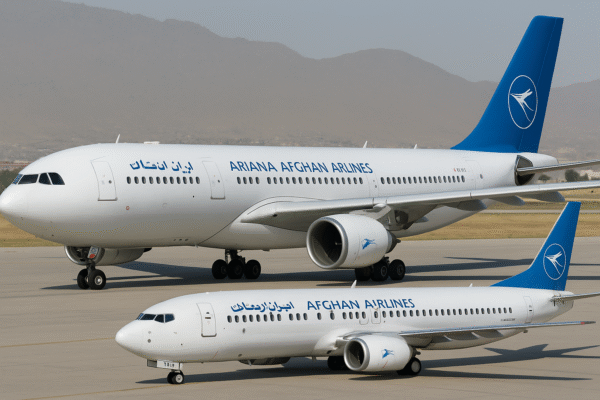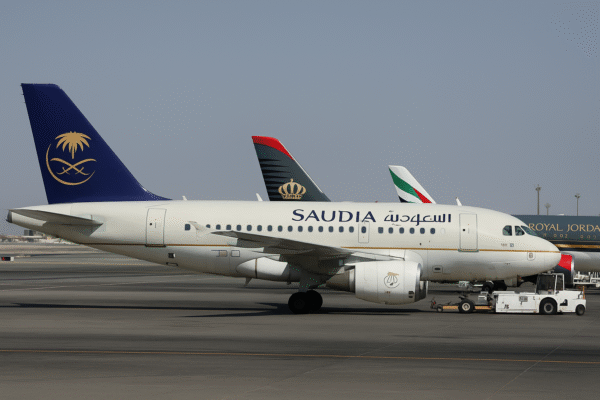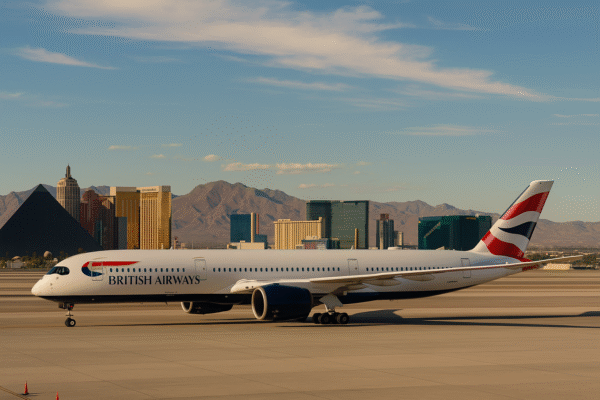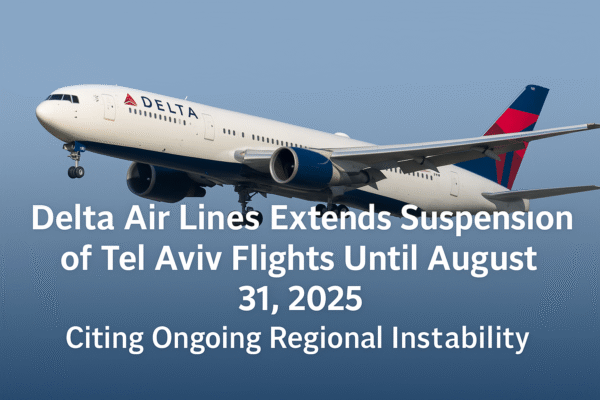In a recent announcement, Delta Air Lines has officially confirmed the continued suspension of its nonstop service between Tel Aviv’s Ben Gurion International Airport (TLV) and New York’s John F. Kennedy International Airport (JFK) until August 31, 2025. The extension reflects the airline’s heightened response to geopolitical instability in the region, especially amid sustained security concerns involving rocket strikes, military operations, and ongoing tensions between Israel and Iran.
The U.S.-based airline emphasized that the safety and well-being of passengers and crew remain its top priority. According to the airline’s latest advisory, this decision follows close consultation with U.S. and international government security agencies, and comes as part of broader precautionary measures related to air travel in conflict-prone regions.
Regional Security Risks Trigger Flight Suspension
The extension of Delta’s suspension follows escalating conflict conditions across the Middle East. In recent months, the region has witnessed intensified cross-border military activity, including drone attacks and missile exchanges. In particular, Ben Gurion Airport, Israel’s primary international hub, has become the focus of concern due to its proximity to potential conflict zones.
Delta Air Lines, which previously suspended flights to Tel Aviv in early 2024, reiterated its commitment to reassessing the route when the security situation stabilizes. The carrier is continuing to work closely with international aviation authorities and U.S. government officials to determine when service can safely resume.
Flight Rescheduling and Passenger Assistance
In response to the extended suspension, Delta has activated a travel waiver policy for affected passengers. Travelers booked on flights to or from Tel Aviv between June 12 and August 31, 2025, are eligible for no-fee rebooking, provided they rebook in the same cabin class. The revised travel must be completed by November 15, 2025, and rebooking options are available via the Fly Delta app, the official Delta website, and through Delta Reservations.
For passengers who choose not to travel during the revised period, full refunds are also available. The airline is proactively reaching out to customers via email and mobile notifications to inform them of their options, including alternate routing on partner carriers or flight credits for future use.
The rebooking flexibility is part of Delta’s broader effort to support passengers during global travel disruptions, particularly in regions impacted by military conflict or geopolitical risk.
Tel Aviv Travel Impact and Broader Airline Trends
Israel’s tourism and aviation sectors have been significantly impacted by the evolving security landscape. With Tel Aviv serving as a key international entry point, ongoing instability has prompted several airlines to reassess or modify their services.
While Delta has opted for a full suspension through the summer season, other airlines have taken varied approaches:
- United Airlines resumed its Newark (EWR) to Tel Aviv flights with enhanced security protocols, having temporarily halted operations earlier in the conflict.
- British Airways and Air France-KLM continue to suspend operations into Israel indefinitely, citing the unpredictable nature of the situation.
- Lufthansa Group, including Austrian Airlines and SWISS, has adjusted frequencies and continues to monitor advisories from the European Union Aviation Safety Agency (EASA).
The broader aviation industry is operating with increased caution in the region, often relying on real-time intelligence sharing with government entities, including NOTAMs (Notices to Air Missions) and security risk assessments issued by the FAA and IATA.
Tourism and Economic Implications
The extended flight suspension comes during the peak summer travel season, traditionally a high-volume period for tourism between North America and Israel. According to the Israeli Ministry of Tourism, the U.S. is one of the country’s largest inbound tourism markets, with hundreds of thousands of American tourists arriving annually for business, leisure, and religious travel.
The ongoing air travel disruptions are not only affecting tourism-dependent businesses in Tel Aviv and Jerusalem but also diaspora travel, student programs, and tech sector connections between New York and Israel. Several travel operators have reported cancellations and postponements of group travel, while others have rerouted clients through European transit hubs such as Athens or Istanbul.
Delta’s Statement and Future Outlook
In a formal statement, Delta Airlines said:
“We continue to monitor the situation in Israel closely and are coordinating with U.S. government agencies and international authorities. We look forward to resuming service to Tel Aviv when conditions allow.”
While no specific restart date has been finalized beyond the current suspension window, Delta’s language suggests a cautious but optimistic outlook. The airline has historically maintained strong operations in the region and is expected to reinstate flights once safety conditions improve.
Travel Advisory for Passengers
Passengers planning travel to or from Israel in 2025 are strongly advised to:
- Check airline updates regularly for changes in scheduling and waivers.
- Monitor government travel advisories, such as those issued by the U.S. State Department or Israel Airports Authority.
- Consider flexible booking options when purchasing new tickets to the region.
- Review insurance policies for trip interruption or cancellation coverage due to conflict zones.
For more travel news like this, keep reading Global Travel Wire















